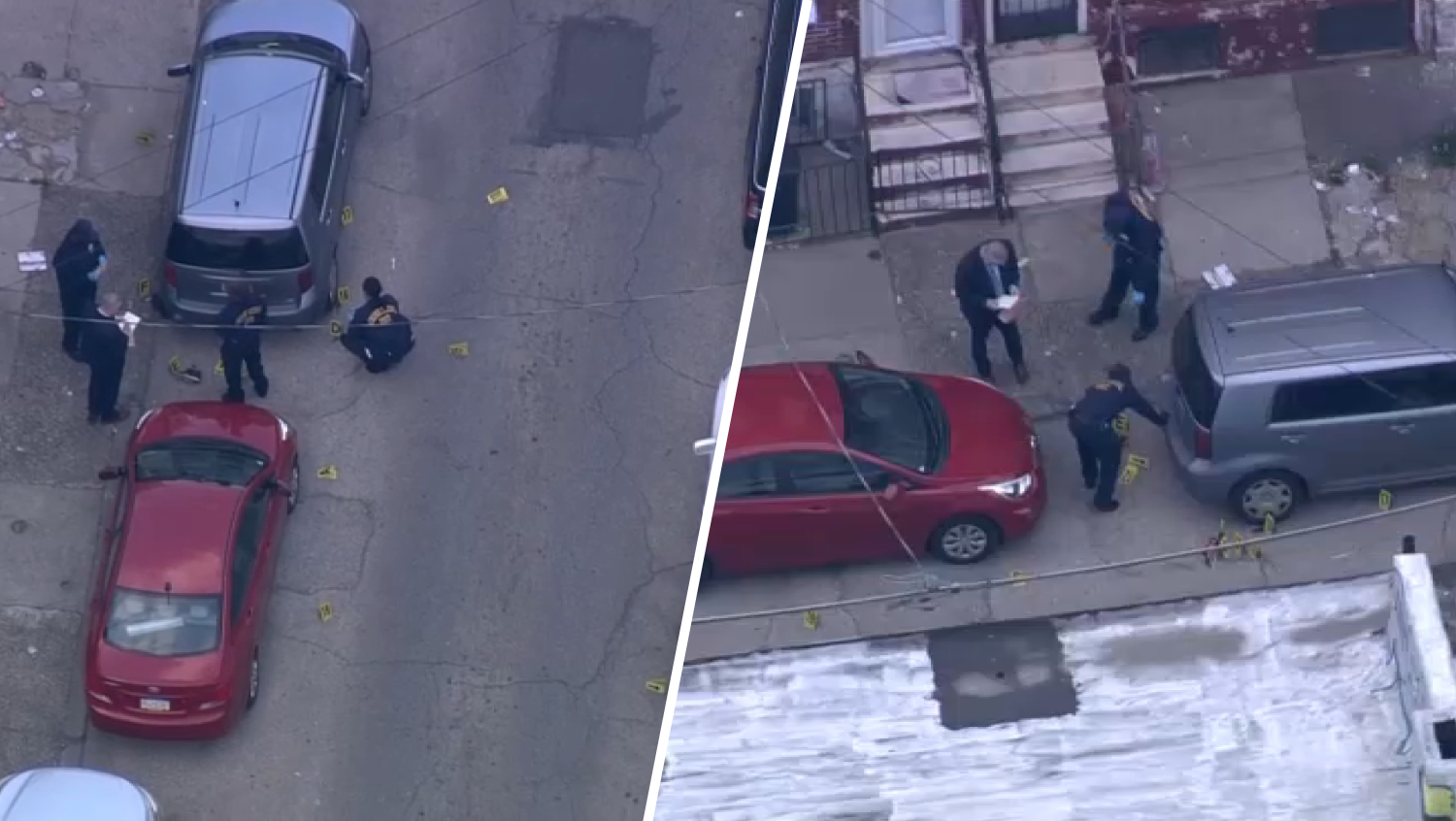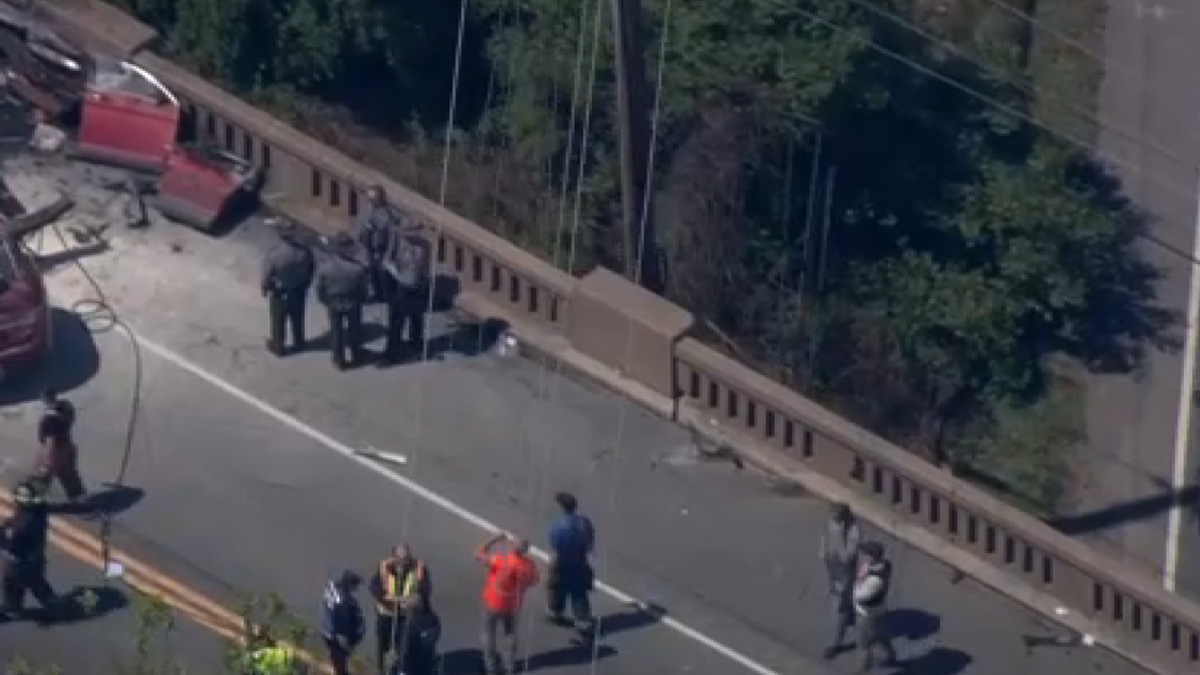A law requiring all new police vehicles in New Jersey to be equipped with cameras was struck down by a state panel Wednesday that ruled it didn't include enough money for towns to implement the requirement.
The Council on Local Mandates ruled that the law passed in 2014 is unconstitutional because it creates a financial burden on local governments.
The Council had temporarily suspended the law in November after Deptford Township argued that the $25 surcharge on people convicted of driving while intoxicated created to pay for the cameras wasn't sufficient. The state's constitution requires that any state mandates have funding behind them.
The board's decision notes that it is not addressing the merits of the mandate, only the financial requirement. The independent council was created by a 1995 constitutional amendment that gave it the power to resolve disputes over whether a law constitutes an unfunded mandate.
Deptford said it averages less than eight drunken-driving convictions a month and that the approximate $2,250 in surcharges it would receive annually wouldn't come anywhere close to the cost of installing the cameras. Police departments also had the option to equip officers with cameras instead of cars.
Democratic Assemblyman Paul Moriarty sponsored the law after he said he was wrongly charged with driving while intoxicated in 2012. He later had the charges thrown out using dashboard video.
Moriarty said that the council doesn't have the authority to declare what constitutes adequate funding, and requested that the state attorney general's office work to have the ruling overturned. The attorney general's office would not comment on the ruling.
Local
Breaking news and the stories that matter to your neighborhood.
"Dashboard and body cameras serve the dual purpose of making it easier for innocent civilians to pursue justice and protecting the vast majority of diligent officers who act in good faith as they serve the public," Moriarty said. "The value of this law cannot be cast aside simply because of a single claim made by one unauthorized and unqualified entity."
The state announced plans last July to put body cameras on all state troopers who work in the field and is issuing guidelines on how police departments statewide should use the devices. It also announced $2.5 million in state funding to help local police departments buy body cameras.



